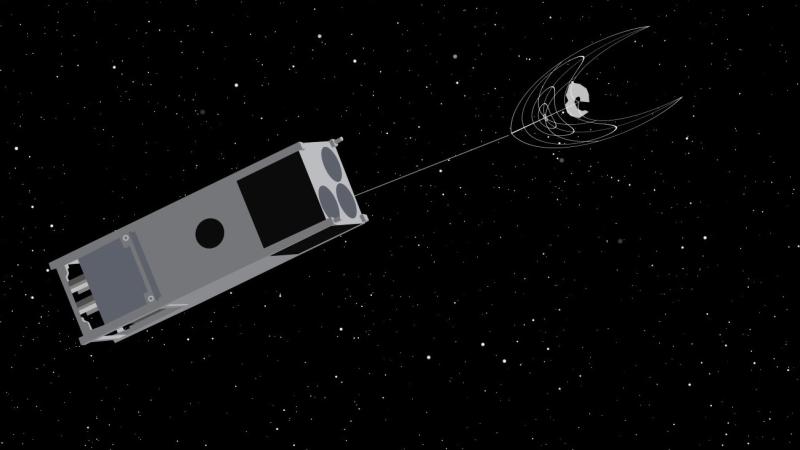 Aerospace engineering focuses the analysis, design and operation of vehicles and systems (e.g. rockets, spacecraft, re-entry vehicles, etc.) which involve space flight or the means of getting to and/or from space. Aerospace engineers gain significant education and experience in designing and analyzing systems for atmospheric and space environments.
Aerospace engineering focuses the analysis, design and operation of vehicles and systems (e.g. rockets, spacecraft, re-entry vehicles, etc.) which involve space flight or the means of getting to and/or from space. Aerospace engineers gain significant education and experience in designing and analyzing systems for atmospheric and space environments.
Aerospace Engineering, B. S.
Aerospace Engineering Faculty
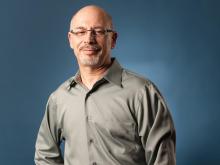
James L. Decker '45 Endowed Professor in Aerospace Engineering and Director, Center for Flow Physics and Control (CeFPaC).
Experimental Fluid Mechanics, Aerodynamics, and Flow Control
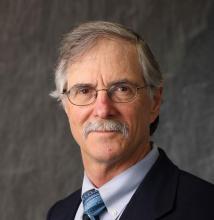
Professor and Associate Dean for Undergraduate Studies
Multibody System Dynamics, Space Vehicle Design and Simulation, Advanced Algorithm Development, Molecular Dynamics
Edward P. Hamilton Professor of Aerospace Engineering
Multidisciplinary System Analysis and Optimization, AI and Machine Learning, Biologically Inspired Computational Tools for Optimization, Computational Intelligence

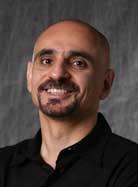
Professor
Fluid Dynamics at Interfaces, Surface Tension Phenomena, Proteins at Liquid Surfaces
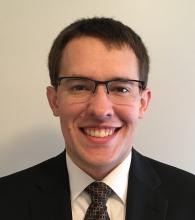
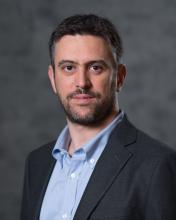
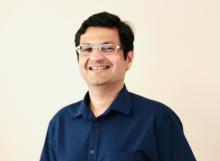
John A. Clark and Edward T. Crossan Chair Professor
Advanced Materials, Electrochemical Energy Storage, Batteries, Nanotechnology, Interfacial Science
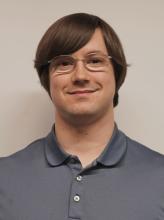
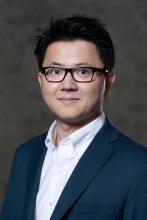
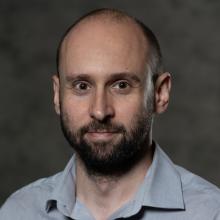

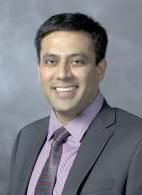
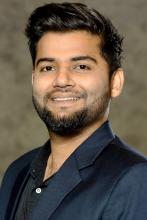
Assistant Professor
Optimal Trajectory Design for Spacecraft, Autonomous Guidance and Sensor Fusion Technology
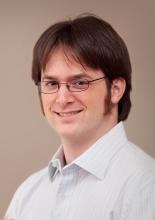
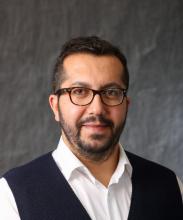
Assistant Professor
Kinetic theory, computational fluid dynamics, rarefied gas dynamics, aerothermodynamics, turbulence, flow instability and control.
